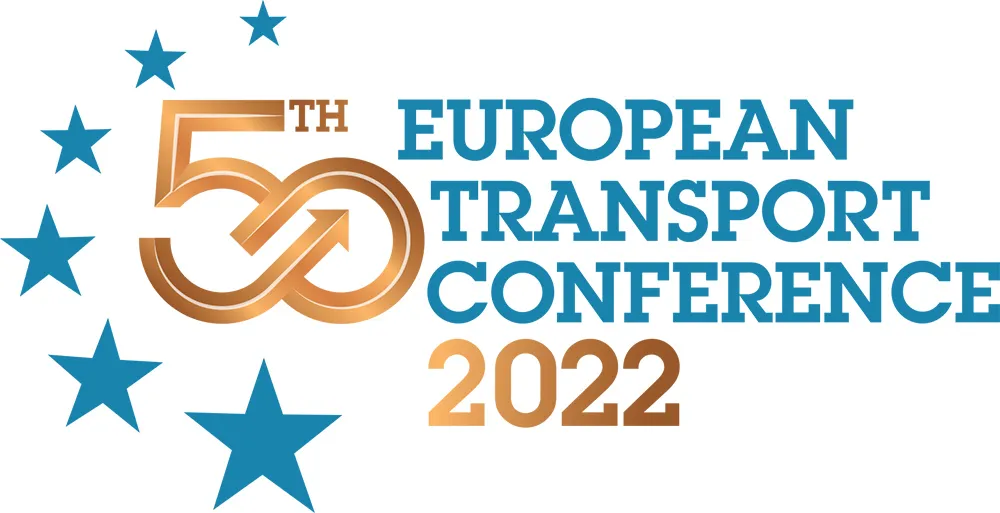As ASECAP prepares for its annual gathering - this year in Madrid - Carole Défossé looks at what is on the programme.
At
The first day will be dedicated to presenting several key ASECAP policy papers and pilot projects. It will start with a review of the REETS project – the ASECAP-led pan-European project on regional electronic tolling interoperability – which finished on 31 December 2015. In this session ASECAP will present a new EETS Info Platform and a pilot operation on cross-border deployment.
In a session focusing on concessions as a tool to finance mobility services in an EU integrated approach, ASECAP will present its manifesto ‘The future of road concessions – proposal for a sustainable concession model’. This political document describes the benefits of toll concessions, the requirements for their correct development and how to take advantage of the toll concessions model for investments on roads that are still pending. It will also cover recommendations to facilitate the wider use of concessions across Europe.
This will be followed by a political debate with key contributions from the EU (EC, EP and EIB), the International Transport Forum and transport organisations.
ASECAP will present its study on radio frequencies - covering the current state-of-the-art in Europe (legislation, technology etc.) and the risks of opening the radio frequencies market to other services. This study underlines the need to protect the current charging and tolling technologies to fulfil European transport policies (including road charging to apply the polluter/user pays principle), safeguarding road safety with digital tachograph (which share the electronic tolling frequencies) and tolling interoperability.
With members identifying non-payment of toll transactions as a rising problem in Europe and as a serious threat to road safety (due to close-following in order to void toll gates and ANPR detection), ASECAP will detail its position on cross-border tolling enforcement. In order to address this issue, ASECAP has asked the EC to include toll payment violations in the list of the traffic offences regulated by Directive 2011/82 on ‘Cross-border exchange of information on road safety related traffic offences’.
There will be a session devoted to safety issues in which ASECAP will present benchmarking publications on wrong-way drivers and accident and emergency response in which members will provide an insight into their accident and emergency planning and efforts to prevent wrong-way driving. A presentation of the ECOROADS project (which involve ASECAP) will follow. The project aims to develop a harmonised approach for safety procedures and operations on open road and tunnels (Directives 2008/96 and 2004/54) focusing on the portal areas.
The second day has two technical sessions commencing with looking at how to transition from traditional ITS towards autonomous driving with contributions from ASECAP members, the EU C-ITS Platform and ERTRAC (European Road Transport Research Advisory Council).
Finally, a session on innovative marketing initiatives and projects by toll road operators will see ASECAP members share information and best practice and highlight added value for the motorist. Delegates registering by 7 April benefit from early bird fees.
- About the author: Carole Défossé is communication and information manager with ASECAP.










